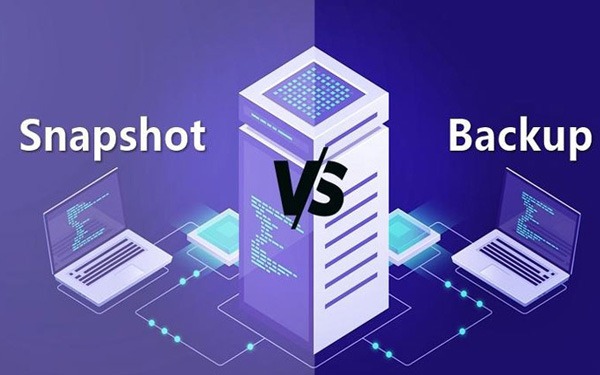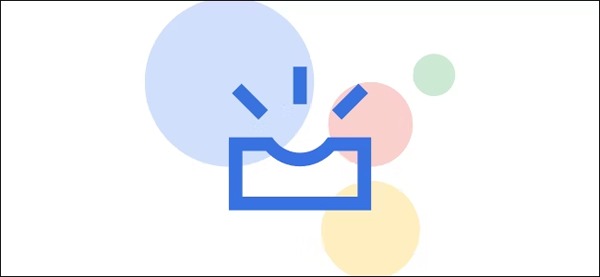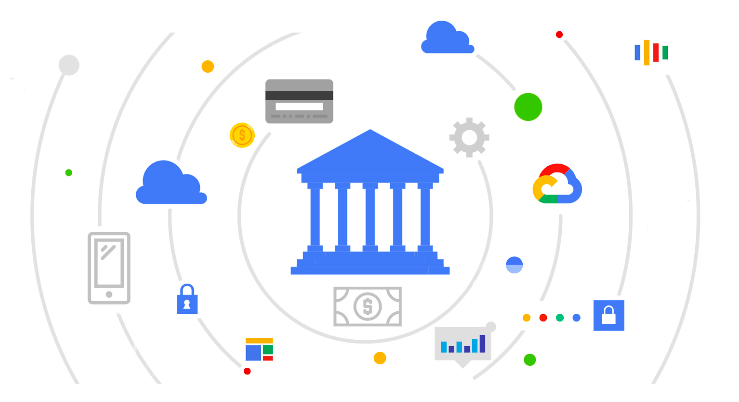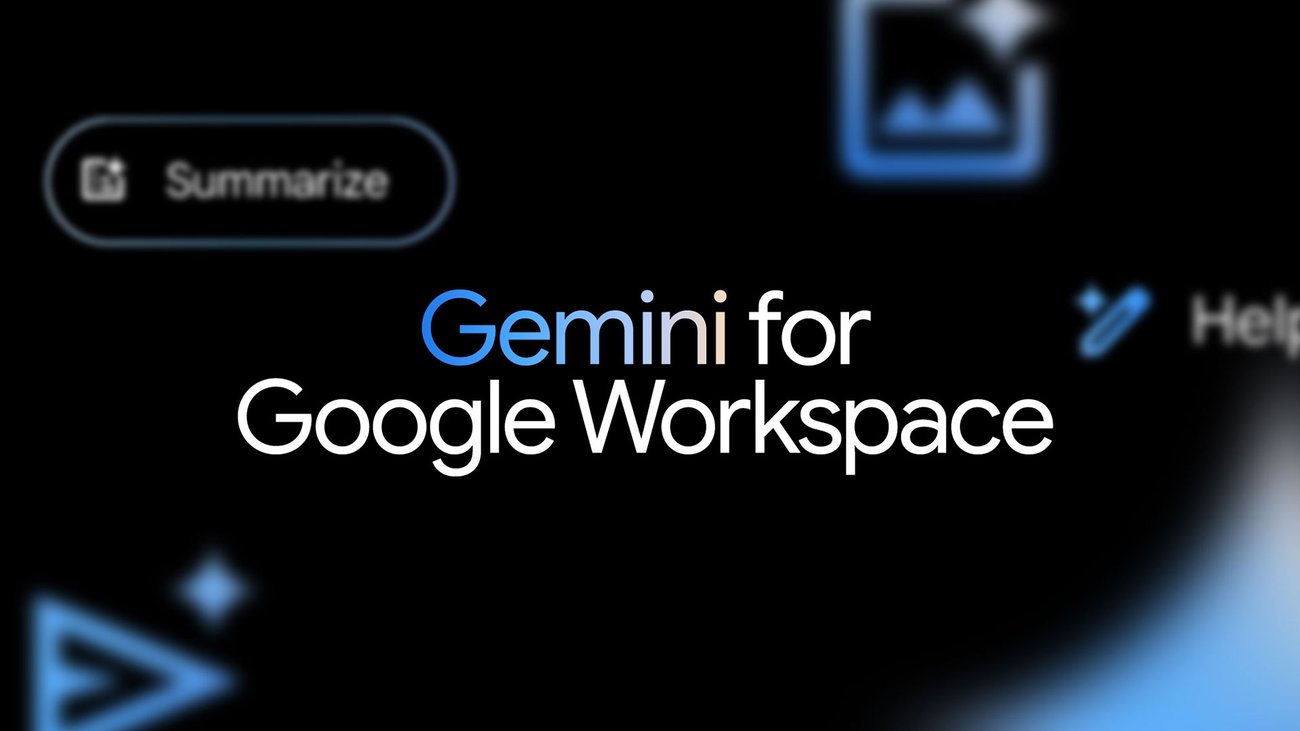Số hóa bùng nổ mạnh mẽ kéo theo khách hàng ngày càng yêu cầu cao…
What is Snapshot? Compare the difference between Snapshot and Cloud Backup
During the installation and use of the system, data recovery is essential to prevent system failures. Snapshot is a support feature for this process, follow the article below to understand the concept and how Snapshot works.

What is Snapshot?
Snapshot are images taken on the system at a certain time, this image will accurately record the data state of the system at the time of capture, thereby helping to restore system versions quickly. instead of having to restore a complete backup when problems arise.
Snapshot after being created will be stored right on the server, where the source data is located. Snapshot's lifecycle will usually be independent of the server's lifecycle, usually they will last until deleted.

Presently Google Cloud provides 3 types of Snapshots: Standard, Instant and Archive, these 3 types differ by data recovery time (RTO) and Snapshot storage location.
Why use Snapshot in data storage
As mentioned above, every time something goes wrong, you usually want to restore the system to a previous state to rule out problems. With Snapshot, data will be restored quickly and easily compared to using full backups so that your system will restore to the state before the problem in the shortest time.
(For example, when infected with a virus, the snapshot will help the system return to the state before the virus infection quickly. )
The different types of Google Cloud Snapshots in recovery timelines are as follows:
- Instant snapshots: provide the fastest and best recovery time..
- Standard snapshots: provide faster recovery times than Archive snapshots.
- Archive snapshots: have the longest recovery time, but save on storage costs.
Difference between Snapshot and Cloud backup
Snapshot and Cloud backup are two different solutions on the Cloud, depending on the purpose of use, the ability to protect data that businesses will choose the right solution, some comparisons between Snapshot and Cloud backup are as follows: 
| Content | Snapshot | Cloud backup |
| Uses | Suitable for short-term backup archives, storing in the same location as the original data | Suitable for long-term backup retention, storing data in various locations |
| Data protection capabilities | Snapshot will be used for the main purpose of restoring the system's state to the original time before an error or virus infection occurred. | Cloud backup has better data protection, important business information will be protected against network attacks or unexpected disasters with Cloud backup. |
| Ability to recover data | Snapshot helps to restore to previous state quickly and easily because data is not copied but snapshots | Cloud backup will support data recovery based on backup backups from main data, data recovery time depends on the amount of data users need to restore. |
| Operational performance | Using Snapshot with different drives will affect the performance of the system, depending on the number of snapshots, the degree of impact varies. | As the data being backed up may degrade the system performance, performance will return to normal as soon as the backup is complete. |
In conclusion
Snapshot offers outstanding benefits in quickly and easily restoring system data compared to long-term backups of the system. Cloud Backup. Depending on the purpose of use, businesses will choose appropriate solutions. Hopefully, the information from the above article will help you better understand the concept of snapshots, how snapshots work and the difference with Cloud backup.
In the process of registering to use Google Cloud services, need advice on the right solution for your business, please contact Gimasys – Google Cloud Premier Partner for support:
- Email: gcp@gimasys.com
- Tel: 0974417099



